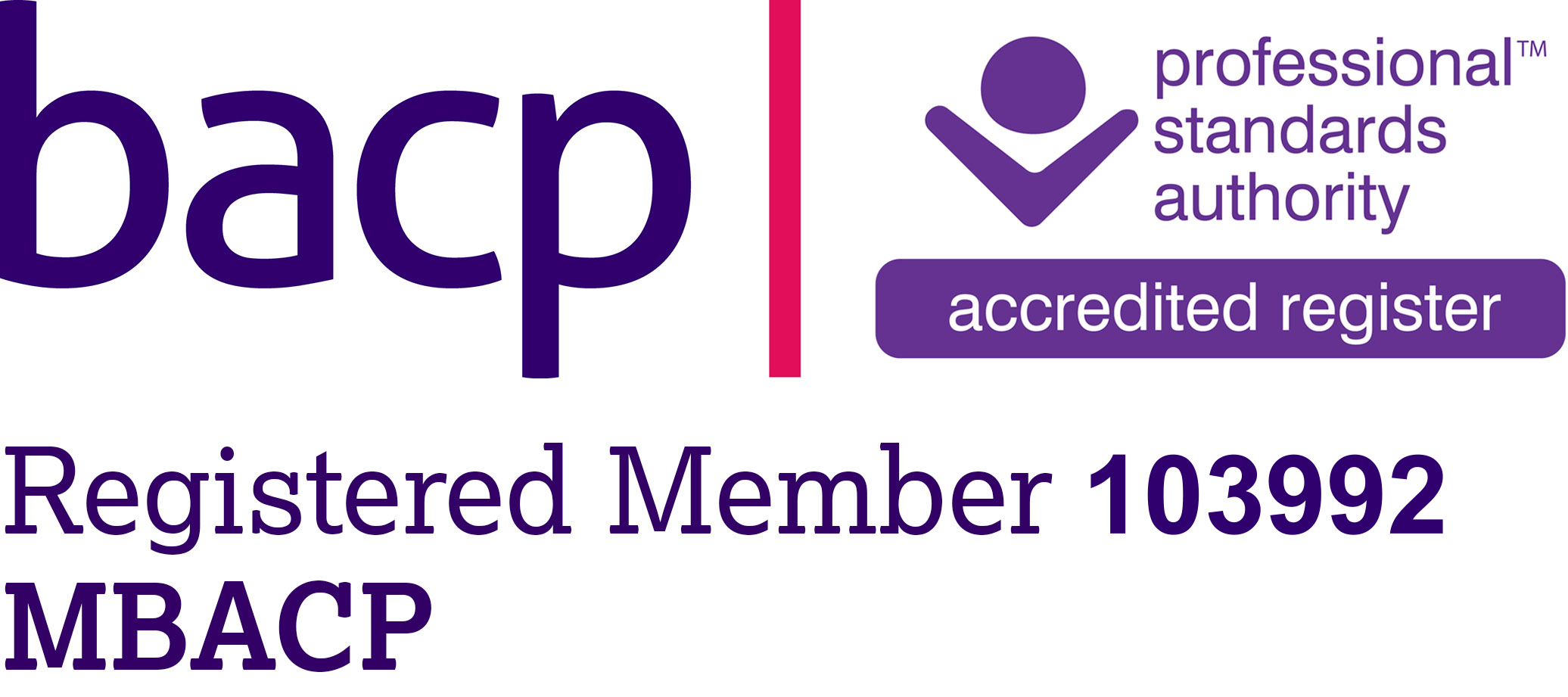Are You Depressed?
by Samantha De Bono
We all go through ups and downs in our mood. Feeling sad sometimes is a normal reaction to the struggles, setbacks, and disappointments that life throws at us. However, many people use the word "depression" to explain these kinds of feelings, they might say something like "I'm feeling so depressed today" when actually they are feeling down about something, or lethargic, but depression is much more than feeling sad, down or lethargic.
Some people describe depression as "living in darkness" or a constant feeling that something bad is going to happen. Some depressed people don't feel sad at all, they feel lifeless, empty, and apathetic, with even the smallest task feeling insurmountable.
Whatever the symptoms, depression is different from normal sadness or feeling 'down in the dumps'. It engulfs your day-to-day life, interfering with your ability to work, study, eat, sleep, or enjoy pleasurable things. The feelings of helplessness, hopelessness, and worthlessness are intense and unrelenting, with little, if any, relief.
Depression is a major category of mental health distress affecting people of every age, background and ethnicity. The World Health Organisation estimates that approximately 450 million people throughout the world share a similar struggle.
Research suggests that one in four women suffer from depression compared to 1 in 10 men, however, this could be due to the fact that men are less likely to report the symptoms of depression, or may be more vague in their description of their symptoms.
Listed below are some common signs and symptoms of depression, but it is important to remember that these symptoms can also be part of life's normal lows. However, if you identify with several of the following signs and symptoms, that won't go away, you may be suffering from depression and need some professional help.
Signs of Depression:
Feelings of helplessness and hopelessness. A bleak outlook—nothing will ever get better and there's nothing you can do to improve your situation.
Loss of interest in daily activities. No interest in former hobbies, pastimes, social activities, or sex. You've lost your ability to feel joy and pleasure.
Appetite or weight changes. Significant weight loss or weight gain—a change of more than 5% of body weight in a month.
Sleep changes. Either insomnia, especially waking in the early hours of the morning, or oversleeping (also known as hypersomnia).
Irritability or restlessness. Feeling agitated, restless, or on edge. Your tolerance level is low; everything and everyone gets on your nerves.
Loss of energy. Feeling fatigued, sluggish, and physically drained. Your whole body may feel heavy, and even small tasks are exhausting or take longer to complete.
Self-loathing. Strong feelings of worthlessness or guilt. You harshly criticize yourself for perceived faults and mistakes.
Concentration problems. Trouble focusing, making decisions, or remembering things.
Unexplained aches and pains. An increase in physical complaints such as headaches, back pain, aching muscles, and stomach pain.
Counselling can be an effective option for treating depression and can be sufficient as a stand-alone treatment or it may be used in conjunction with medication and alternative treatments. A therapist will work to address various parts of your depression, which may involve emotions, behaviours, thought patterns or past experiences, this will help with understanding your depression and where it may stem from. Understanding a condition, takes its power over you away and allows you to control or manage your depression more easily and effectively.


